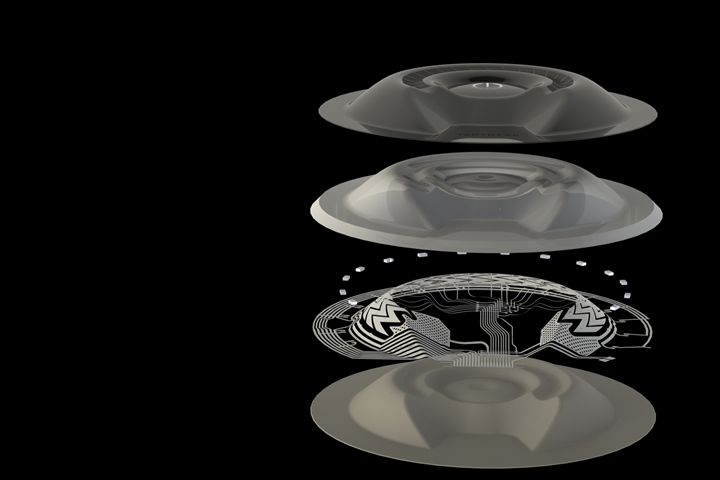Polyolefin Supplier Repsol and IMSE Provider TactoTek to Develop Optimized PP for Smart Surfaces
Repsol and TectoTek seek to jointly develop new PP-based Injection Molded Structural Electronics (IMSE).
Spain’s global multi-energy provider and polyolefins producer Repsol and Finnish startup TactoTek are seeking to expand the use of polyolefins in high-performance parts, such as smart surfaces. More specifically, TactoTek, the developer and provider of Injection Molded Structural Electronics (IMSE) technology which integrates printed circuitry and electronic components into 3D injection molded plastics, will aim to use new, optimized PP grades from Repsol to replace more costly PC and PMMA.
Key IMSE uses include in-vehicle applications, home/industrial appliances, and wearable technology. TactoTeck, in which Repsol in an equity investor, develops and industrializes IMSE technology, develops mass production-ready IMSE prototypes, and licenses IMSE technology for third party mass production. The IMSE process integrates printed electronics and standard electronic components, such as LEDs, in 3D injection molded parts. With IMSE technology, just about any thin plastic surface can become a user interface minus mechanical buttons or other traditional controls.

Also known as plastronics (plastic integrated electronics), IMSE is already being used in the automotive industry, through the integration of touch controls, wireless connectivity, and lighting in vehicle interior panels, in consumer electronics to provide functional surfaces for any electronic device or in wearable electronic devices that are used as clothing or accessories.
The partners note that PP has excellent chemical stability compared to PC or PMMA which are most commonly used in printed electronics. Says a Repsol source, “The high chemical stability of PP allows IMSE to conquer new application areas, like automotive exteriors and additional segments in home appliances where polyolefins are widely used. Also, PP gives not only a cost-competitive alternative to PC or PMMA but also allows up to a 20% weight reduction compared with those materials. Another key reason to choose PP is its excellent material properties that allow lower processing temperature compared to high-end plastics.”
Challenges that Repsol is looking to address in the development of specialty PP for IMSE foremost include the improvement of its optical transparency for illumination purposes. Says the Repsol source, “High haze is the main contributor to lower optical performance compared to PC or PMMA.” A secondary challenge, the adhesion between film and injection molding resin to ensure structural integrity, will also be explored during this project.
While PC and PMMA have been the materials of choice due to their good optical properties, they have certain mechanical property challenges; for example, both PC and PMMA are susceptible to stress cracking, which calls for additional consideration with parts that require constant bending.
Related Content
-
High-Performance PPA for Next-Generation IGBT Semiconductors
BASF’s Ultramid Advanced N3U42 G6 is tailored to enhance robustness, long-term performance and reliability.
-
"Sustainable" Halogen-Free Flame-Retardant TPEs for Consumer Electronics
Avient expands its reSound Bio and Resound Rec content TPE portfolios.
-
Plastics Machinery Shipments Rose in 2022’s Final Quarter
The Plastics Industry Association’s (PLASTICS) Committee on Equipment Statistics (CES) reported that injection molding and extrusion machinery shipments totaled $432.7 million in Q4.
















